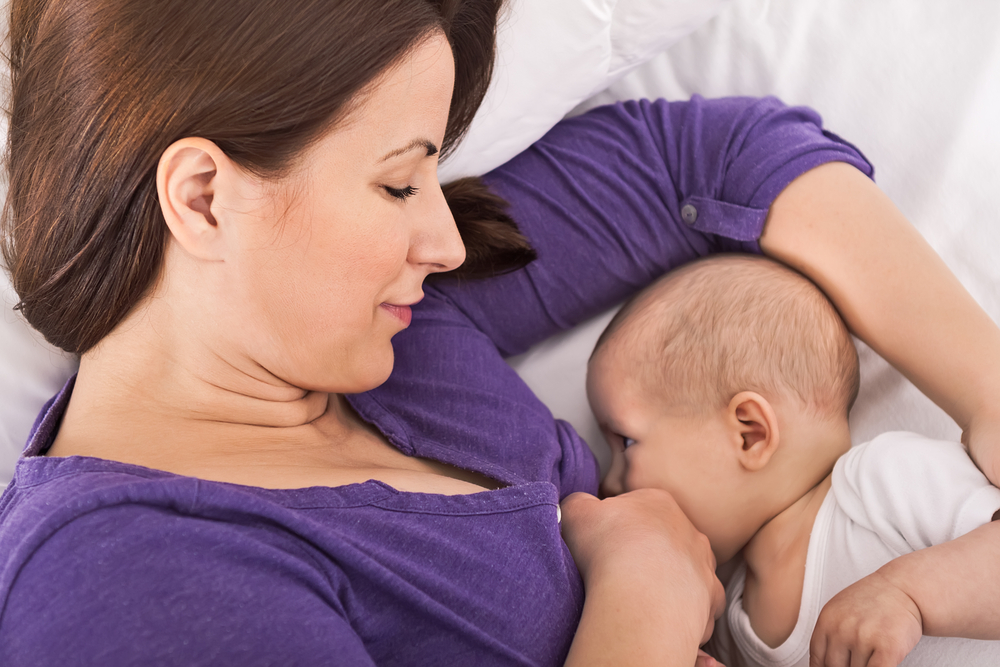Here's How Many US Mothers Breastfeed

The percentage of U.S. mothers who breast-feed their newborns continues to rise, but many stop breast-feeding before their infant is 6 months old, according to a new report from the Centers for Disease Control and Prevention.
In 2013, 81.1 percent of U.S. mothers said they started out breast-feeding their baby. That's up from 75 percent in 2008, and 70 percent in 2000, according to the CDC.
Breast-feeding rates were highest in Utah, where 94.4 percent of mothers said they breast-fed their newborns in 2013. Rates were lowest in Mississippi, where 52 percent of mothers said they started out breast-feeding.
The researchers also found that 52 percent of U.S. mothers said they were still breast-feeding their infants when the babies were 6 months old, and 30 percent said they were still breast-feeding when the babies reached 1 year. [7 Baby Myths Debunked]
The American Academy of Pediatrics recommends exclusive breast-feeding for the first six months of life, meaning that breast milk is the only source of food for the child, along with added vitamin and mineral supplements. After six months, the AAP recommends that mothers continue breast-feeding until infants reach age 1, while introducing other foods to complement the breast milk.
"High breast-feeding initiation rates show that most mothers in the U.S. want to breast-feed and are trying to do so," the report said. "However, low breast-feeding rates among infants who are 6 and 12 months of age indicate that many mothers do not continue breast-feeding as recommended," the researchers wrote.
"These rates suggest that mothers, in part, may not be getting the support they need, such as from healthcare providers, family members, and employers," they said.
Sign up for the Live Science daily newsletter now
Get the world’s most fascinating discoveries delivered straight to your inbox.
This support can include programs in hospitals that help new mothers with breast-feeding, as well as adequate space and equipment to breast-feed in workplaces, the CDC said.
Original article on Live Science.

Rachael is a Live Science contributor, and was a former channel editor and senior writer for Live Science between 2010 and 2022. She has a master's degree in journalism from New York University's Science, Health and Environmental Reporting Program. She also holds a B.S. in molecular biology and an M.S. in biology from the University of California, San Diego. Her work has appeared in Scienceline, The Washington Post and Scientific American.









